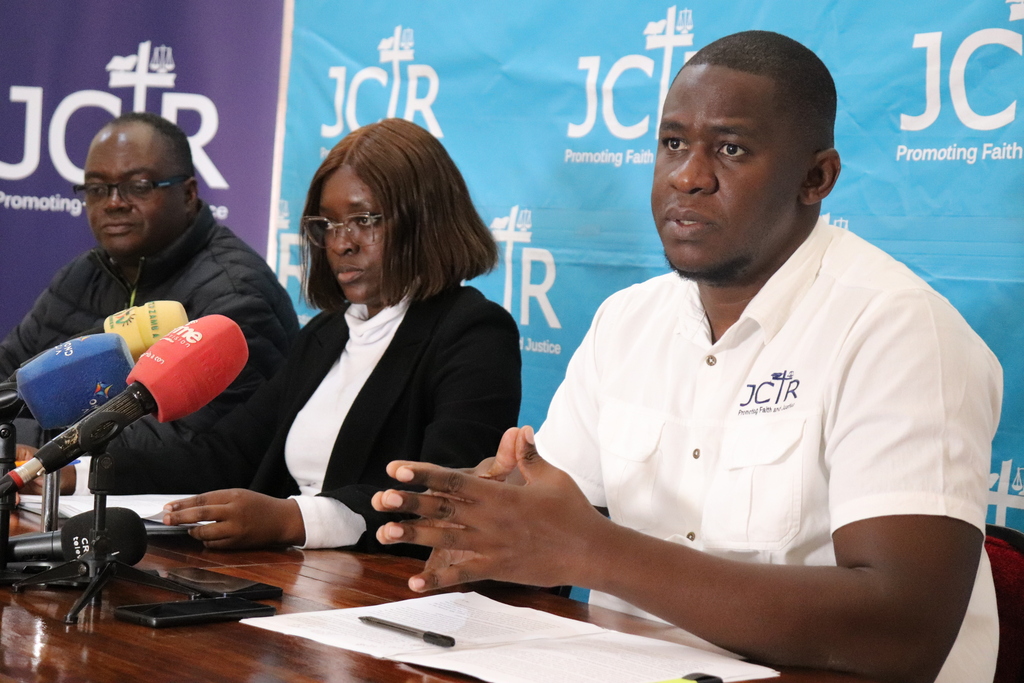
PRESS STATEMENT
Friday, September 19, 2025
LUSAKA, ZAMBIA – The Jesuit Centre for Theological Reflection (JCTR) notes the International Monetary Fund's (IMF) decision to grant only a three-month extension to Zambia's Extended Credit Facility (ECF) Arrangement, a move that validates JCTR’s earlier concerns regarding the lack of a clear, long-term strategy. The IMF Executive Board approved the extension until January 30, 2026, to allow for the completion of the Sixth Review and to "lay the groundwork for future program engagement". This falls short of the 12-month extension the Zambian Cabinet had initially sought.
This development reinforces JCTR's position that the government's approach to its economic reforms, and its reliance on external partners, lacks a clear and attainable exit and sustainability strategy. We reiterate our call for a comprehensive and independent assessment of the programme's socio-economic impact.
Background to the ECF Programme
The ECF programme, initially approved in August 2022 with $1.3 billion in financial support and later augmented to $1.7 billion in June 2024, was designed to restore macroeconomic stability, strengthen investor confidence, and promote inclusive growth. This 38-month ECF-supported arrangement is based on Zambia's homegrown Eighth National Development Plan.
JCTR Urges Action Beyond the Data
While macroeconomic data from the IMF suggests a broadly satisfactory performance, with all end-December 2024 quantitative performance criteria and most end-March 2025 indicative targets met, JCTR's position remains clear: the continued reliance on macroeconomic data risks overlooking the stark realities faced by many Zambian households. The increased cost of living, persistent high unemployment, and public finance mismanagement suggest a significant disconnect between official figures and the lived experiences of most Zambians.
There is an urgent need for the government and the IMF to assess to what extent the ECF has actually supported the attainment of targets in the Eighth National Development Plan. The concept of a "home-grown programme" cannot be perpetually reliant on external partners.
Towards a Sustainable, Home-Grown Solution
The concerns regarding transparency and limited consultations that characterised the finalisation of the current IMF programme must be addressed. JCTR believes this requires an inclusive approach, ensuring that both the process of evaluating the current ECF and the determination of the path forward involve genuine consultations with, and meaningful input from, the people who will be most affected by any ongoing austerity measures. Only through such comprehensive engagement can Zambia achieve a truly sustainable and equitable economic future.
Issued by: Edward Musosa – Social and Economic Development Programme Manager
For further clarifications, contact the Social and Economic Development (SED) Programme at the Jesuit Centre for Theological Reflection (JCTR) on 0955290410, or email info@jctr.org.zm and admin@jctr.org.zm. Address: Martin Mwamba Road, Plot 3813, Olympia Park, Lusaka. Postal: P.O. Box 37774, Lusaka – Zambia.